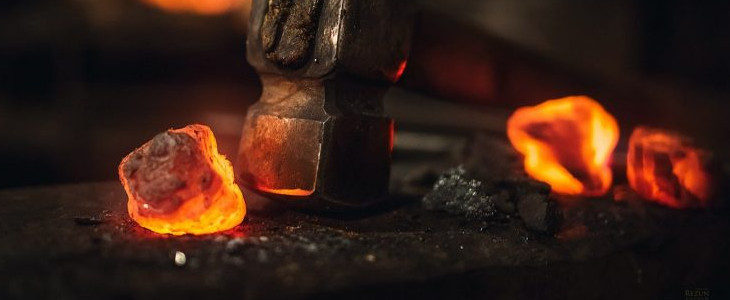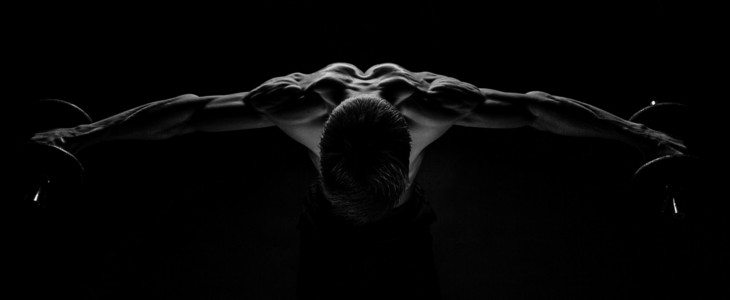Tax Deductions for Blacksmiths
15 February 2018
Average weekly pay: $700
Employment size: 2,500
Future growth: Decline
Skill level Certificate III or IV
A blacksmith is a person who makes and repairs iron objects by hand.
Blacksmith tasks include:
- Selecting metal stock for job requirements.
- Heating metal in forges and furnaces, hammering, punching, and cutting metal using hand tools and machine presses.
- Tempering and hardening finished articles, electroforming, painting and polishing.
- Preparing horses’ hooves for shoeing, nailing horseshoes to hooves, and trimming hooves.
Typical tax deductions:
- Travel to and from work, and customer farms or premises, while transporting bulky equipment (normally 20 or more kilos). Normally includes blacksmith tools and raw materials including a variety of metals. Deductions are normally maximised by using the logbook method.
- Mobile phone, internet and home office costs.
- Travel expenses. Meals and accommodation expenses incurred when being away from home overnight for work.
- Protective clothing, including fire-resistant and sun-protection clothing, safety-coloured vests, steel-capped boots, gloves, overalls, and heavy-duty shirts and trousers, overalls, smocks and aprons you wear to avoid heat damage whilst blacksmithing.
- Courses, seminars and self-education expenses.
- Tools and equipment, if less than $300 each are immediately deductible. Whereas if they are over $300 they are depreciable.
Posted in Occupation Deductions
"You’d be stupid not to try to cut your tax bill and those that don’t are stupid in business"
- Bono: U2





